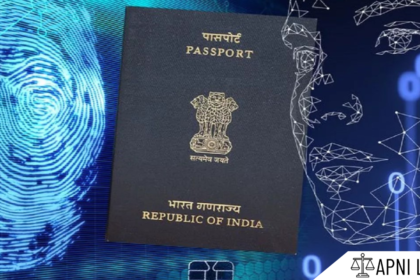Code
(1) If the Court in any case considers that a person accused of any of the offences referred to in section 345 and committed in its view or presence should be imprisoned otherwise than in default of payment of fine, or that a fine exceeding two hundred rupees should be imposed upon him, or such Court is for any other reason of opinion that the case should not be disposed of under section 345, such Court, after recording the facts constituting the offence and the statement of the accused as hereinbefore provided, may forward the case to a Magistrate having jurisdiction to try the same, and may require security to be given for the appearance of such person before such Magistrate, or if sufficient security is not given, shall forward such person in custody to such Magistrate.
(2) The Magistrate to whom any case is forwarded under this section shall proceed to deal with, as far as may be, as if it were instituted on a police report.
Explain it
This section outlines the situations where a Magistrate, who initially opts for a summary trial, can decide to proceed with a regular trial instead. This happens when:
The accused, during the summary trial, pleads not guilty or claims that the Magistrate lacks jurisdiction to try the case.
- The Magistrate, during the summary trial, believes that the case is not suitable for summary trial due to the complexity of the charges or the nature of the evidence.
In such scenarios, the Magistrate will transfer the case to the Sessions Court for a regular trial.
Illustrate it
Consider a case where a person is accused of stealing a mobile phone. The Magistrate initiates a summary trial. However, during the trial, the accused denies the charges and claims that the phone was actually gifted to them. The Magistrate, after examining the evidence, finds that the case is not suitable for a summary trial due to the conflicting claims and the need for further investigation. In this case, the Magistrate will use Section 346 to transfer the case to the Sessions Court for a regular trial.
Common Questions and Answers
Q: What is a summary trial?
A: A summary trial is a simplified and expedited trial process for minor offenses. It is conducted by a Magistrate without the need for a formal jury or elaborate procedures.
Q: When does a Magistrate opt for a summary trial?
A: A Magistrate can opt for a summary trial if the offense is punishable with a maximum sentence of imprisonment for a term not exceeding two years or a fine, or both. The Magistrate must also be satisfied that the case is suitable for summary trial.
Q: What are the consequences of a transfer to the Sessions Court?
A: Transferring the case to the Sessions Court means that the case will be tried under the regular trial procedures, which are more elaborate and time-consuming.






